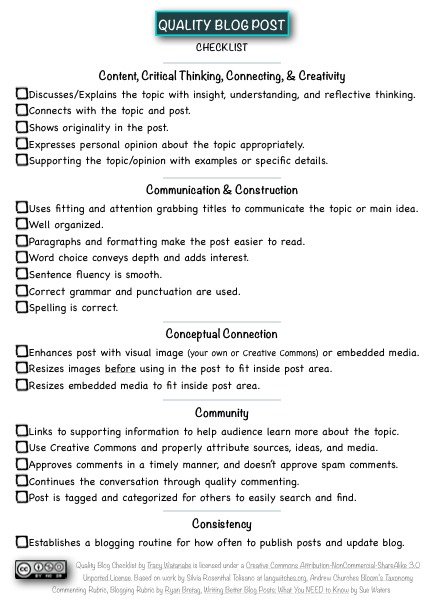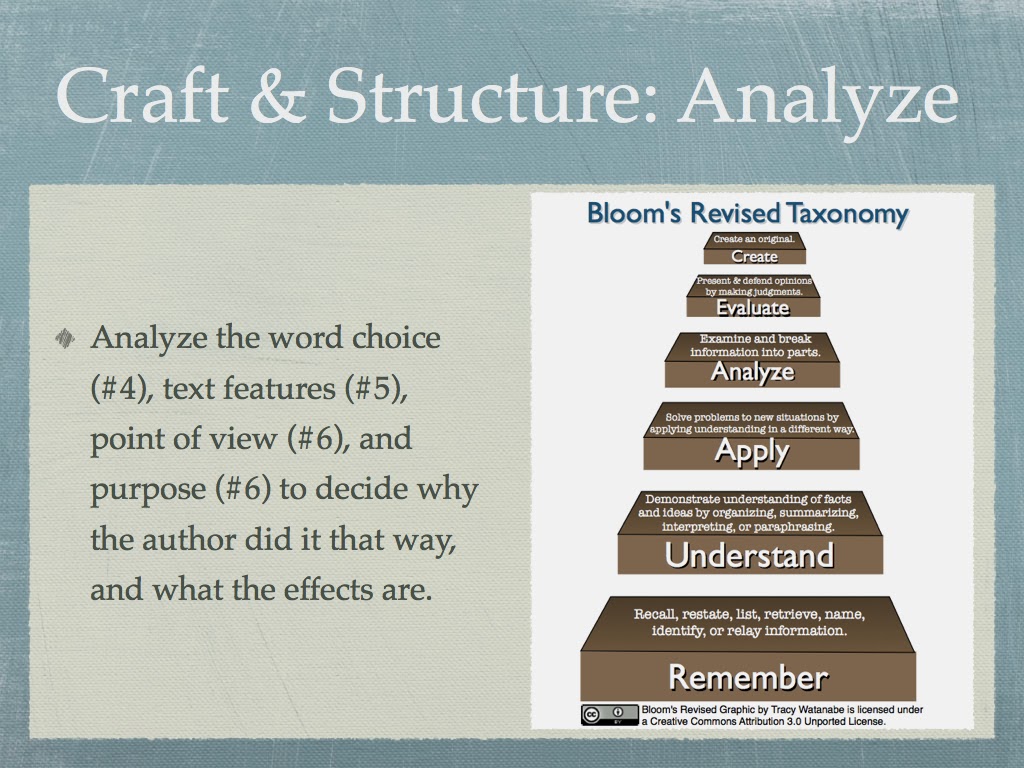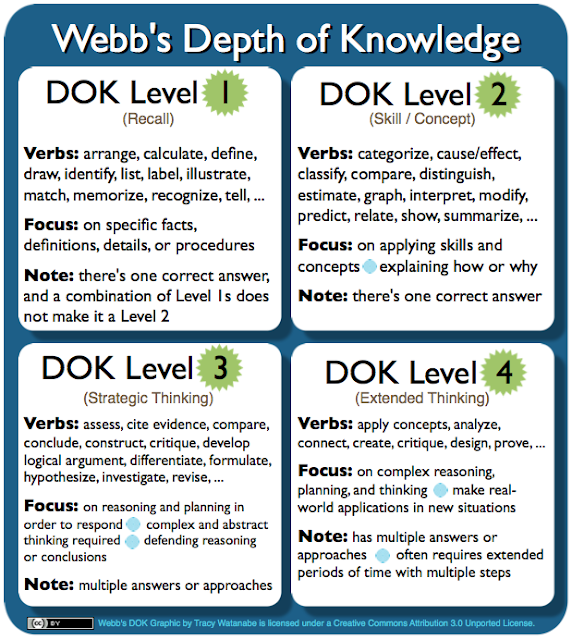Formative Assessment and Differentiation
Formative assessment informs educators about student learning, and when done correctly, it also informs the students how to improve and move forward with their next goal. Teachers must know how to use that information to shape their instruction.
We use formative assessments to drive instructional decisions such as changing the approach or changing the target content.
Differentiating assessment and instruction
I spent February 10th with the awesome staff at Apache Junction High School facilitating staff development. While talking about differentiating assessment and instruction, we addressed the importance of adjusting our teaching style to their learning style.
For example, I'm an exceptionally visual person, and like to synthesize and put concepts together in pictures such as the one above. In school, I enjoyed geometry and calculus, but struggled in Algebra II. In fact, I took calculus as my fun elective freshman year of college. Why? It's visual.
While I was sharing this with our high school faculty, a foreign language teacher talked about how he excelled in algebra but not geometry. He explained that the geometry teacher would show him over and over the concepts, while he needed to hear it and talk through it. He wasn't understanding based on differences in learning styles. I, on the other hand, needed to see it, visualize it, and do it to understand it.
We must consider different learning styles when we check for understanding, instruct, and assess. We also need to take the time to know our students and their interests to really connect with them.
Differentiation and formative assessment
The above presentation was made in preparation for today's training. Below are a few artifacts created during the trainings:
Final thoughts
I am encouraged by the discussions from today about differentiation in the 21st century classroom. The artifacts above are various formative assessments letting me know how much we are growing as a professional learning community, and it helps me plan our next steps.
We use formative assessments to drive instructional decisions such as changing the approach or changing the target content.
 |
| Created with Doodle Buddy, prompted by Stem Resources visual |
I spent February 10th with the awesome staff at Apache Junction High School facilitating staff development. While talking about differentiating assessment and instruction, we addressed the importance of adjusting our teaching style to their learning style.
For example, I'm an exceptionally visual person, and like to synthesize and put concepts together in pictures such as the one above. In school, I enjoyed geometry and calculus, but struggled in Algebra II. In fact, I took calculus as my fun elective freshman year of college. Why? It's visual.
While I was sharing this with our high school faculty, a foreign language teacher talked about how he excelled in algebra but not geometry. He explained that the geometry teacher would show him over and over the concepts, while he needed to hear it and talk through it. He wasn't understanding based on differences in learning styles. I, on the other hand, needed to see it, visualize it, and do it to understand it.
We must consider different learning styles when we check for understanding, instruct, and assess. We also need to take the time to know our students and their interests to really connect with them.
Differentiation and formative assessment
The above presentation was made in preparation for today's training. Below are a few artifacts created during the trainings:
Final thoughts
I am encouraged by the discussions from today about differentiation in the 21st century classroom. The artifacts above are various formative assessments letting me know how much we are growing as a professional learning community, and it helps me plan our next steps.
- Why is “assessment” not a synonym for testing? What are the implications of that?
- How do you gather information/feedback to structure/guide instruction?
- How do you evaluate the data collected, and how does this change/drive instructional decisions?






Comments
Post a Comment
Directions for posting:
1) Choose "Comment As" first. If you don't have a Google/Blogger account, you can choose Name/URL and type in your name, then place the web site that best describes you in the URL (i.e. www.ajusd.org). Or, you can choose "Anonymous".
2) You may need to press "Post Comment" more than one time.
It is always wise to copy your comment before pressing "Post Comment" just in case something happens.
3) Type in the word verification.
4) If you did everything correctly, it will state, "Your comment has been saved and will be visible after blog owner approval." If you do not get that message, please try again.
Click here for a tutorial on how to comment.
Thank you!